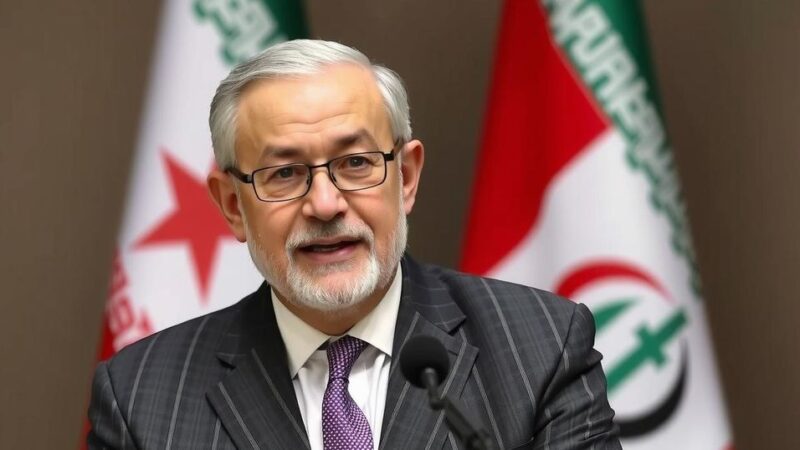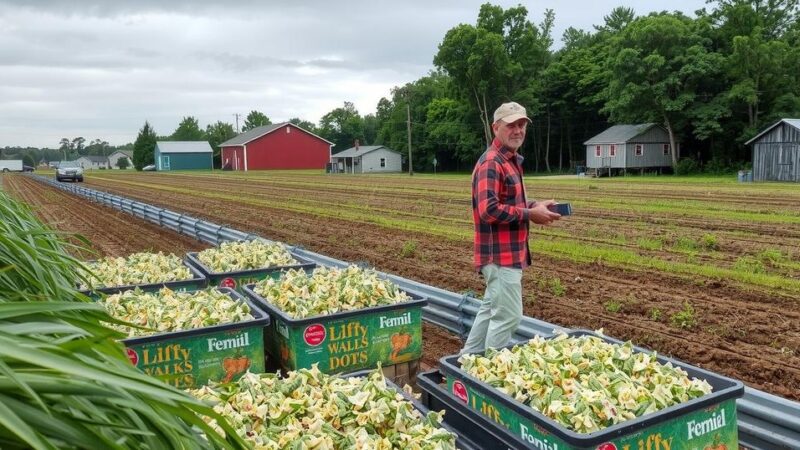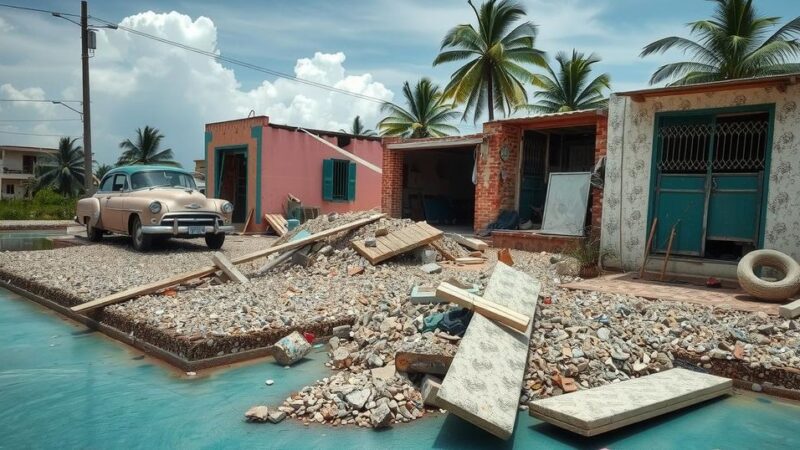The CEPO has called upon the Presidency of South Sudan to take immediate action to ensure the genuine implementation of the remaining tasks of the R-ARCSS as the transitional government enters an extension period. Edmund Yakani stressed the need for timely funding and warned that failure to address these issues could jeopardize the credibility of the upcoming elections in December 2026, particularly amidst continuing internal political conflicts.
The Community Empowerment for Progress Organization (CEPO) has appealed to the Presidency of South Sudan to facilitate the effective implementation of the remaining tasks outlined in the Revitalized Agreement on the Resolution of the Conflict in the Republic of South Sudan (R-ARCSS). According to CEPO’s Executive Director, Edmund Yakani, it is imperative for the Presidency to ensure sufficient and timely financial support for the mechanisms of the R-ARCSS, particularly as the transitional government enters a two-year extension period. Yakani warned that if the Presidency continues to operate in the same manner as it has over the past six years, the prospects for conducting credible, free, fair, and peaceful elections in December 2026 will remain bleak. He emphasized the necessity for the Presidency to fulfill its fundamental duty by holding regular meetings aimed at promoting the genuine execution of the R-ARCSS during the extended transitional timeframe. Furthermore, Yakani expressed concern that certain individuals may have unduly influenced the Presidency for personal gain, consequently hindering the progress of several key chapters of the R-ARCSS. CEPO has committed to closely monitoring the actions of the Presidency during the upcoming two years, particularly scrutinizing government officials who demonstrate a lack of commitment to fully implementing the R-ARCSS. Originally, South Sudan was scheduled to conduct its inaugural General Election in December; however, this has been deferred to December 2026 due to issues regarding inadequate preparedness. International observers continue to express frustration with the political leadership in South Sudan, particularly the ongoing conflict between President Salva Kiir and First Vice President Riek Machar, which has consistently obstructed advancements towards convening the general elections.
The Revitalized Agreement on the Resolution of the Conflict in the Republic of South Sudan (R-ARCSS) is a peace agreement that aims to establish lasting peace and stability in South Sudan following years of civil conflict. The implementation of this agreement is paramount for the future governance and electoral processes in the country. With elections now postponed to December 2026, the focus has shifted towards ensuring that the mechanisms of the R-ARCSS are adequately funded and implemented. The role of the Presidency, particularly regarding its commitment to reform and accountability, is crucial during this transitional period. The ongoing dispute between key political figures has further complicated these efforts, leading to skepticism among international observers.
In conclusion, the urgency for the South Sudanese Presidency to enhance its commitment to the implementation of the R-ARCSS cannot be overstated. With elections postponed until 2026, the effective governance and operational integrity of the transitional government will be closely scrutinized. The CEPO’s commitment to monitoring these developments reflects a broader concern about political accountability in South Sudan and the potential future impacts on its democratic processes. It is essential that the leadership addresses the internal challenges to facilitate a credible electoral environment by the newly scheduled date.
Original Source: www.radiotamazuj.org







